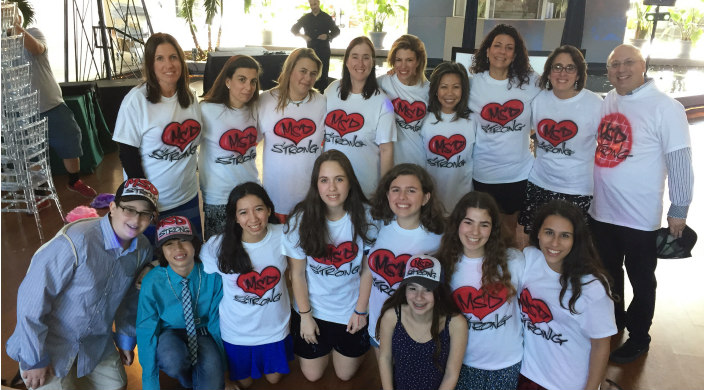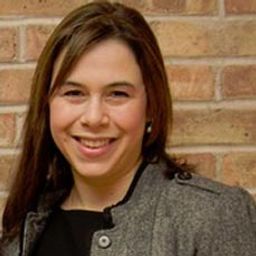
Every other month, I write a column in our community magazine, The Parklander. This month, the subject of the article is “How far should forgiveness go?” What a tough question in light of all that has taken place during the past month in my hometown of Parkland, FL, just a mile down the road from my congregation.
I am angry. I am hurt. I am scared. I am exhausted. And, I feel helpless. How could I possibly answer this question as myself or as a communal leader?
I don’t even know where to begin in terms of forgiveness.
Do I forgive the shooter because of his mental illness?
Do I forgive law enforcement who failed the students, teachers, and administrators?
Do I forgive elected officials who failed to enact laws to help protect our children against these tragedies?
Do I forgive political organizations who want guns in the hands of 18-year-olds?
Our tradition teaches us the important value of t’shuvah, which means “returning” to the path of righteousness. Though it is most often associated with the High Holidays (Rosh HaShanah and Yom Kippur), when we Jews repent for our sins, t’shuvah can take place at any time. It should always be on the forefront of our minds, which is why a prayer for repentance also appears in the daily liturgy in Judaism. The medieval Sephardic scholar Maimonides explained t’shuvah as a three-part process: confession, regret, and a promise not to repeat the transgression.
I teach that there are two kinds of sins for which one should ask forgiveness: sins against God and sins against other people. Sins against God are those that break the commandments or do not follow Jewish law; we can atone for these sins through prayer.
Sins against another human, though, are more challenging to remedy. These wrongs must be made right by asking for forgiveness from the person we’ve wronged, committing to some sort of restitution, and receiving forgiveness.
Asking for forgiveness is critical, and the one who does so may not receive it. Righting the wrong is a necessary act, but how far should forgiveness go?
Based on the tragic events of February 14 at Marjory Stoneman Douglas High School, it is difficult to imagine forgiveness is even possible. The affected parties are not just the students but also the faculty and administration, the parents of the students, the larger Parkland and Coral Springs communities, and beyond. Our anger is not just directed toward the shooter, but also toward law enforcement, government officials, and political organizations.
These crimes and tragedies rip the very fabric of our society and rock us to our core. When we are tested like this, we cannot even fathom a time of forgiveness. This sin, in particular, has disrupted our entire lives and caused us to feel unsafe – physically, emotionally, and spiritually.
To help make meaning out of such senseless acts of violence, I look to my synagogue community, prayers, and Jewish ritual. I volunteer with my congregants, neighbors, and friends to help with tikkun olam, the repair of our broken world, though no amount of t’shuvah can bring back the 17 lives lost; mass shootings did not exist during rabbinic times when Jewish laws were enacted.
My mentor and supervisor, Rabbi Bradd Boxman, who officiated two teenagers’ funerals this past month, calls us “Spiritual First Responders.” We have worked to support and hold our community in a warm embrace while offering counseling support and healing services for teens and families – those who are Jewish and those who are not, those who are members and those who are not. We have opened our doors, day and night, to be present and listen to the stories of despair and fear with countless volunteers who have come to assist us in these efforts.
I have never felt the sheer positive power of our community like I have this past month, and I could not be more proud to be a part of it.
But shloshim, the mourning period, is over, and now we must get up and try to move forward.
Our local interfaith community will come together at a park this evening – and then again on the 21st, before we march in both D.C. and Parkland – to pray and be together once again in search for meaning and solace.
It is too soon to say if we will find peace or forgiveness in our hearts. I just pray that this community continues in solidarity, working to share our teens’ voices (and our own), to make our homes safer and better for one another and our children.
We may never reach a full t’shuvah in our ability to forgive, but we should always strive to make the world better for future generations so they will never face these kinds of physical, spiritual, and emotional challenges in their lifetimes.
Related Posts

Harnessing the Power of our Mothers Around the Seder Table

Melding Tradition and Innovation: Our Interfaith Toddler Naming Ceremony


